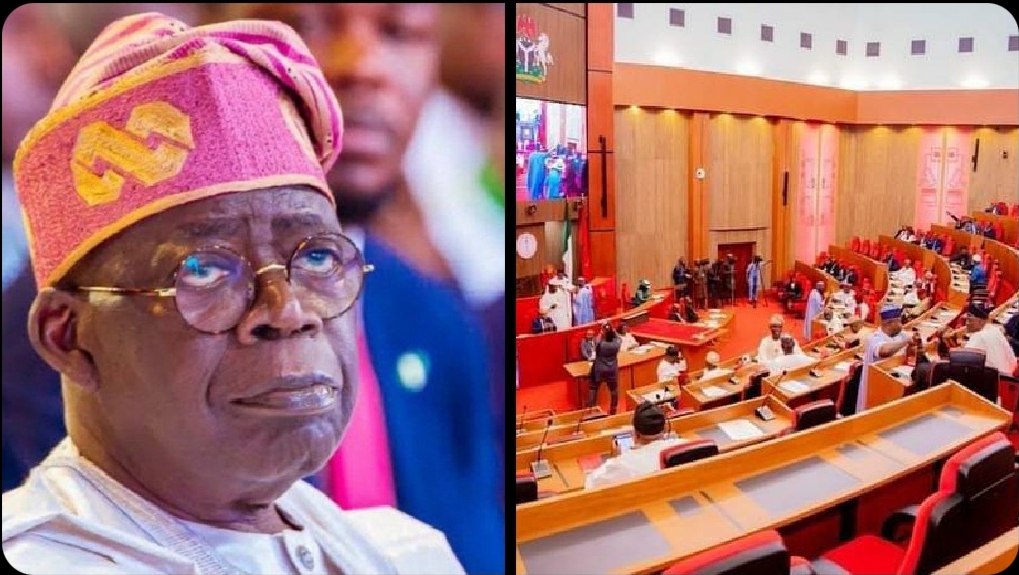
Shell Commits $2 Billion to Nigeria’s HI Field Gas Project as Tinubu Hails New Era of Energy Reform

Nigeria’s oil and gas sector received a major boost after Shell confirmed a $2 billion final investment decision on the HI Field gas project off the nation’s coast, signaling renewed confidence in the country’s energy future.
This marks Shell’s second major gas investment in 18 months, with projections indicating an additional 0.5 billion cubic feet of gas per day by 2028, a development that could reinforce Nigeria’s standing as a key player in global LNG supply.
President Bola Ahmed Tinubu, in a statement shared shortly after the announcement, described the move as “a clear vote of confidence in Nigeria’s reforms and stability.” The president emphasized that the project aligns with his administration’s Energy Sector Transformation Agenda, which aims to attract long-term investments, diversify energy sources, and create jobs across value chains.
The new deal brings the total energy-related investments under Tinubu’s leadership to over $8 billion, including earlier commitments from international oil companies such as Chevron and TotalEnergies. Government officials project that this cumulative investment could significantly expand Nigeria’s gas infrastructure and support the transition from oil dependence to a more sustainable energy mix.
However, the optimism has not silenced growing public frustration. Despite these multimillion-dollar deals, domestic gas users continue to grapple with soaring cooking gas prices, which have more than doubled in the past year. Many Nigerians argue that such large-scale projects rarely translate into affordable energy or tangible local benefits, as previous ventures have been marred by delays, corruption, and uneven regional impact.
Energy analysts note that while the HI Field investment has the potential to strengthen Nigeria’s export earnings and stabilize foreign reserves, the real challenge lies in translating these global wins into household relief. Without substantial upgrades in gas distribution networks and stronger local content enforcement, they warn, the gains may remain largely on paper.
Across social media, reactions to the announcement remain divided. Supporters hail the move as “a big win for investor confidence,” while skeptics label it “another elite project that won’t fill local gas cylinders.” The sentiment reflects a broader tension in Nigeria’s development narrative — one where major economic headlines often contrast with the daily struggles of citizens facing a 34.2% inflation rate and stagnant wages.
Still, industry insiders maintain that the HI Field could mark a turning point if executed transparently and efficiently. With energy demand on the rise and Africa’s gas market gaining global attention, Nigeria’s ability to harness this moment may well determine whether the country’s resource wealth finally fuels broad-based prosperity — or once again evaporates into promises of potential.
— BusterBlog.com | Nigeria’s No.1 Source for Informed Analysis


